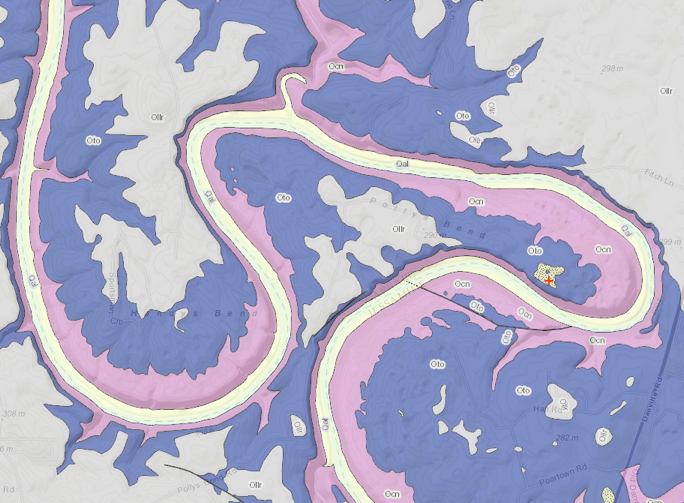Compressed Course: "Mapping Variation: An Introduction to the Use of Geospatial Tools for Linguistic Analysis" (A&S 500-003)
This one-week, one-credit compressed course focuses on mapping variation through the use of geospatial tools like GIS. The course, offered as A&S 500-003, will take place from November 9-13 from 5-8pm each day in the Oliver Raymond Building, room C226. As a 500-level course, it is open to both graduate and undergraduate students.
Dr. Montgomery's research investigates ways of integrating techniques used in geography with those traditionally used in dialectology. His specific focus in the use of GIS technologies is innovative in the field of linguistics, and his presence on UK's campus will expose the community here to some of the most recent endeavors in these kinds of digital humanities research methodologies. Despite a focus in linguistic variation, this class will present methods that could be applied to many of the social sciences and humanities, wherein the questions deal with societal patterns, variations in those patterns, and the geospatial presentation and analysis of data related to those patterns. If you have any questions about this course, please contact Dr. Jennifer Cramer (jennifer.cramer@uky.edu).


